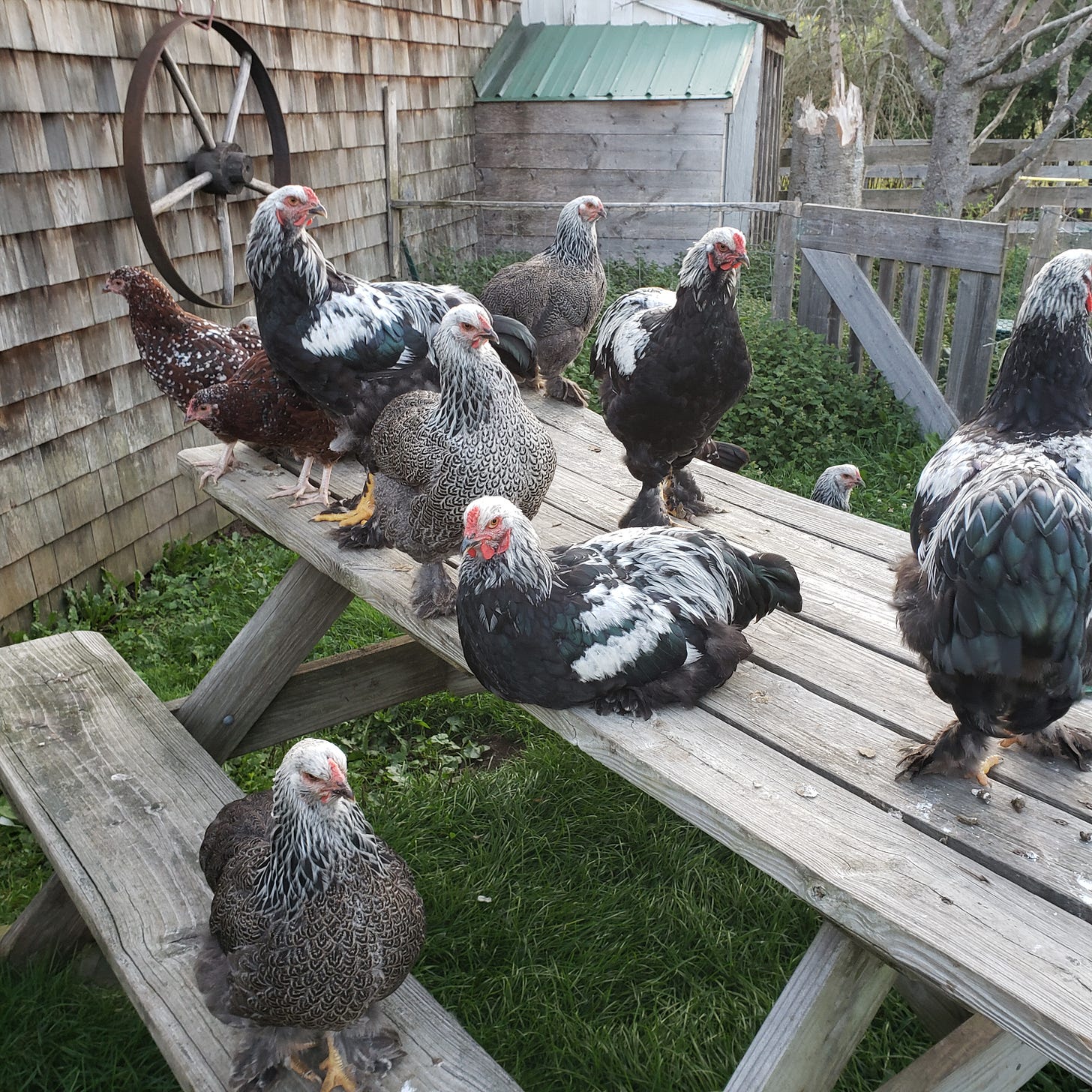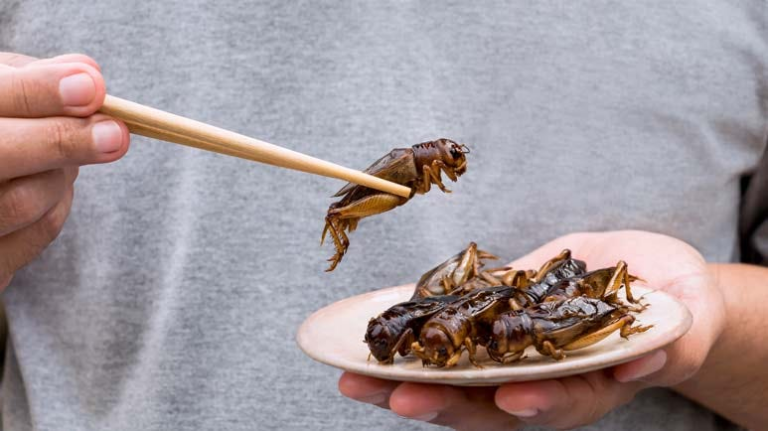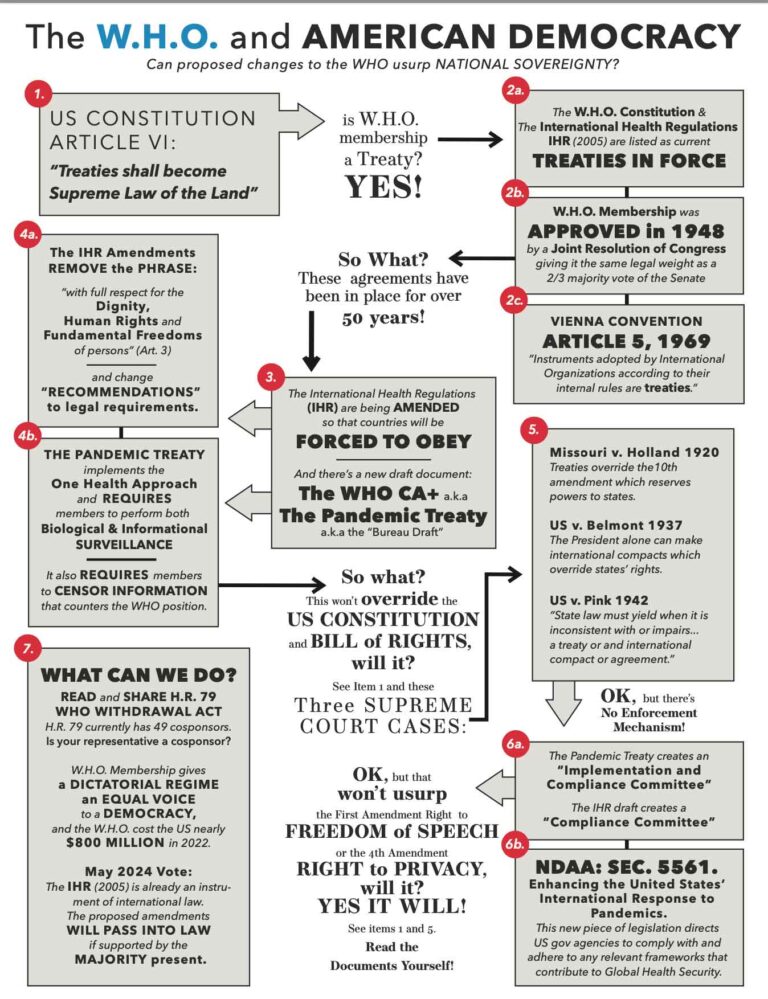This article is a repost with permission from Small Farm Republic`s Substack
Increasingly, municipalities seek to regulate citizens’ activities in food, including growing vegetables, and keeping animals – especially chickens. Some of the ordinances and laws enacted in recent times would likely have shocked those who drafted and signed the federal or state constitutions, which were created in a very different time—when people everywhere were tied more directly to the land, farming culture and communities, and local food. The federal government has also expanded its claimed authority over these same areas, in the name of regulating interstate commerce and “health and safety.”
The United States Constitution declares that Congress possesses the power to regulate commerce “between the states.” This was historically interpreted to restrict federal authority to business dealings that entered interstate commerce: that is, in which goods or services were traded across state lines. But over time, that power has creeped into every aspect of citizens’ activities, and that interstate distinction has become largely irrelevant.
“Common Law” countries or legal systems incorporate case law—prior court rulings—as part of their basic jurisprudence. This tradition strives for consistency and predictability, premised on the theory of stare decisis (Latin for “Stand by the decision”). Stare decisis binds judges to the rulings of higher courts, called precedents.
Wickard v Filburn (1942) still stands as precedent regarding the federal government’s power to regulate individuals’ food rights. Ohio farmer Roscoe Filburn planted and harvested a greater quantity of wheat than allotted under the Agricultural Adjustment Act of 1938, and he was fined. The constitutional issue was whether the federal government had power to regulate Roscoe’s intrastate activity—he did not sell more than his quota, but used the excess he produced in his own farming activities.

Socio-politically, Roscoe’s timing was unfavorable: the nation was at war, and he was challenging FDR’s authority (in a Supreme Court in which FDR had appointed eight of nine justices). But Farmer Filburn and his attorneys argued that since his excess wheat was used solely for home consumption, it could not be regulated through the Interstate Commerce Clause. The Court ruled against him, reasoning that Filburn would have bought wheat on the open market if he had not grown his own: cumulatively with other farms who behaved similarly, Filburn’s conduct could affect interstate commerce.
Wickard expanded the Commerce Clause powers as the wheat legal precedent. Also in 1942, a milk precedent arose, in United States v Wrightwood Dairy Company:
Congress plainly has power to regulate the price of milk distributed through the medium of interstate commerce, United States v. Rock Royal Cooperative, Inc., supra, and it possesses every power needed to make that regulation effective. The commerce power is not confined in its exercise to the regulation of commerce among the states. It extends to those activities intrastate which so affect interstate commerce, or the exertion of the power of Congress over it, as to make regulation of them appropriate means to the attainment of a legitimate end, the effective execution of the granted power to regulate interstate commerce.
As might be expected, once Pandora’s Federal Regulatory box was opened, little hope remained of limiting federal authority over every aspect of activity that could be even remotely connected to commerce. This expansion of federal jurisdiction over states’ powers necessarily subsumed the rights of individuals.
This steady increase in federal powers was witnessed in 2005, regarding federal power to oversee private citizens’ marijuana use. Citing Wickard, the Supreme Court ruled in Gonzales v Raich:
Our case law firmly establishes Congress’ power to regulate purely local activities that are part of an economic “class of activities” that have a substantial effect on interstate commerce. ….The similarities between this case and Wickard are striking. Like the farmer in Wickard, respondents are cultivating, for home consumption, a fungible commodity for which there is an established, albeit illegal, interstate market. ….In Wickard, we had no difficulty concluding that Congress had a rational basis for believing that, when viewed in the aggregate, leaving home-consumed wheat outside the regulatory scheme would have a substantial influence on price and market conditions. Here too, Congress had a rational basis for concluding that leaving home-consumed marijuana outside federal control would similarly affect price and market conditions.
In 2012, this power was held to extend to Obamacare, and the authority to compel Americans to pay fees if they lacked health insurance:
If the government can make farmers choose between growing crops on their own land and paying a penalty, the administration’s lawyers have said, it can surely tell people that they must obtain health insurance or pay a penalty.
Some commentators argued that this shift reflected “…the deep cleavage between the Commerce Clause as it came down from the Constitutional Convention in 1787, and the faux Commerce Clause that emerged out of the New Deal.” Yet the Supreme Court narrowly approved Obamacare, despite a strong dissent suggesting the expansion of federal power violated the Constitution.

The Supreme Court has hesitated to include non-economic powers within Commerce Clause authority, including the regulation of guns and hate crimes. But as to food, there is no apparent presumption of individual autonomy implicit in American laws. This has led to a “food rights” movement, spearheaded by a largely symbolic state constitutional amendment in Maine. Other efforts, such as the PRIME Act, seek to avoid confusion and carve out specific areas of legal intrastate action that are still reserved to state authority.
The PRIME Act, first introduced in 2015, would restrict federal oversight of meat production for intrastate producers:
….large meat producers selling across state lines would still be subject to USDA regulations, but this legislation means that small local producers selling meat within their states would have significantly less red tape to wade through when trying to serve their communities. ….The PRIME Act would allow local grass-fed beef to be competitive with large-scale grain-fed beef. Even though grass-fed is more expensive to produce, if producers could get rid of the shipping overhead from transporting animals to USDA facilities, they could cut costs.
If Congress has the power to regulate intrastate commerce, then it has the power to protect intrastate grass-fed meat farming as well, and afford small operators and their customers greater food liberty. Expanded federal powers over food under the Commerce Clause have too often favored large corporate interests over local and individual liberties. That is surely not what the founding fathers intended.








